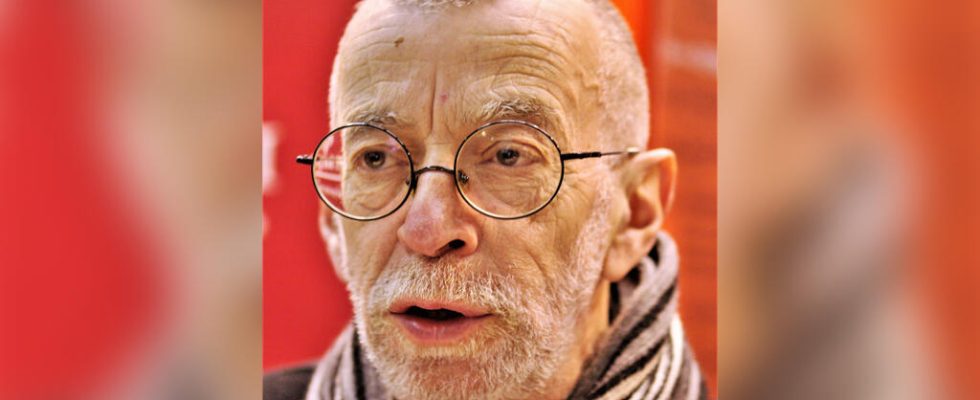He was a figure of Soviet dissidence and a critic of the Kremlin, the Russian poet Lev Rubinstein, died this Sunday, January 14, at the age of 76, six days after being hit by a car and seriously injured in Moscow, announced his daughter Maria.
2 mins
“ My dad, Lev Rubinstein, died today », wrote this Sunday, January 14, Maria Rubinstein on her blog, an announcement echoed in the Russian media. Lev Rubinstein, whose work was praised in Russia and the West, was hit on January 8, 2024 by a motorist while crossing a street in Moscow, then hospitalized in very serious condition.
19 traffic violations
In a statement, the transport department of the Russian capital said that the driver did not slow down before a pedestrian crossing and knocked down the poet, specifying that, according to preliminary data, the car owner had been involved in 19 violations of the Highway Code during the last twelve months.
Born in 1947 in Moscow, a librarian by training, Lev Rubinstein was one of the figures of the Soviet underground literary scene of the 1970s and 1980s, a “ new avant-garde » wanting to be inventive and insolent. He was considered one of the founders, in the 1970s, of the Moscow “conceptualist” movement, which mocked the official doctrine of socialist realism and wanted to go against it.
Attached to rhythm, Lev Rubinstein had created a separate genre, the “text-on-card”, relating to both poetry and theater: the poet read short sentences on stage, aloud, written on cards perforated. The practice, inspired by his daily life as a librarian and reference to the sinister bureaucracy of the Soviet era, mixed performance, absurd comedy and improvisation. With the idea of shaking off the numbness of Sovietism.
Hostile to the Putin regime
After the breakup of the USSR, his notoriety grew in Russia. He is published in reputed publishing houses and also works as a journalist. He is invited to international poetry festivals and his works translated into many languages. At the same time, the poet did not hide his opinions hostile to the Putin regime, denouncing political repression, human rights violations, and participating in opposition demonstrators.
In March 2022, he and other Russian writers signed an open letter calling the Russian army’s large-scale attack on Ukraine “a criminal war » and castigating the “ lies » from the Kremlin.
(With AFP)
European of the weekRussian priest Alexis Ouminsky, defrocked for refusing to recite the prayer “for Holy Russia”
